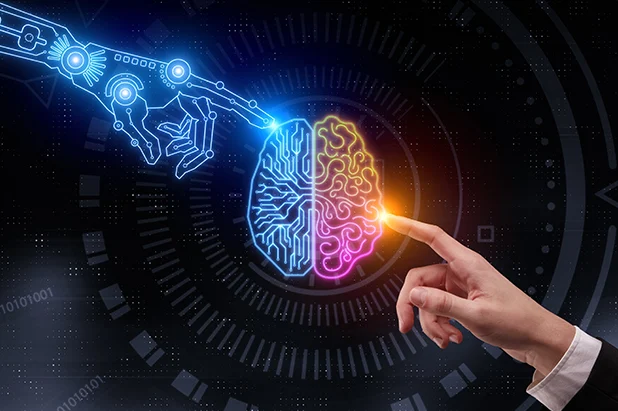The Myth of AI That Run Your Company
Artificial Intelligence (AI) has undoubtedly made significant strides in various industries, revolutionizing processes, and augmenting human capabilities. However, there is a prevalent myth that AI can single-handedly run an entire organization, leading to a future with minimal human involvement. This notion, while enticing, remains largely fictional and requires a realistic perspective.
AI excels in specific tasks like data analysis, pattern recognition, and decision-making based on historical data. It can streamline operations, optimize workflows, and deliver invaluable insights. However, it is essential to recognize that AI’s prowess is limited to certain domains and applications. It lacks human creativity, empathy, and the ability to comprehend complex social interactions, making it unsuitable to govern an organization autonomously.
Organizations are intricate ecosystems comprising diverse functions, cultures, and goals. The notion of AI taking the helm implies complete detachment from human judgment, emotions, and intuition – elements vital in steering organizations in times of ambiguity and change. Human leaders possess invaluable qualities like visionary thinking, adaptability, and ethical judgment, which AI lacks.
Additionally, ethical concerns arise when contemplating an AI-driven organization. Issues such as bias, fairness, and transparency in AI decision-making need careful human intervention. AI’s reliance on historical data may perpetuate existing prejudices or overlook vital perspectives, potentially undermining organizational values and inclusivity.
Instead of envisioning an AI-driven utopia, a more balanced approach is needed. AI should be viewed as a powerful tool that complements human decision-making, rather than replacing it entirely. Integrating AI into processes can free up human resources from mundane tasks, allowing them to focus on strategic thinking, innovation, and building meaningful relationships with customers and colleagues.
AI’s impact on the workforce also demands attention. Organizations must prioritize reskilling and upskilling their employees to adapt to AI-enabled environments. Employees must become AI-savvy and develop a deep understanding of AI’s capabilities, limitations, and ethical considerations.
In my opinion, the myth of AI running an entire organization is far from reality. While AI undoubtedly adds value and efficiency to various aspects of an organization, it cannot replace the uniquely human qualities essential for effective leadership and holistic decision-making. Embracing AI as a partner rather than a replacement empowers organizations to harness the true potential of technology while preserving the indispensable role of human ingenuity and empathy.
- 1,443 views
- 0 Comment


Recent Comments